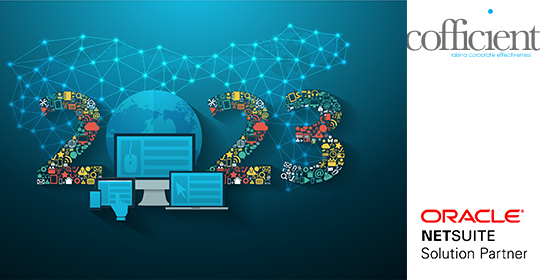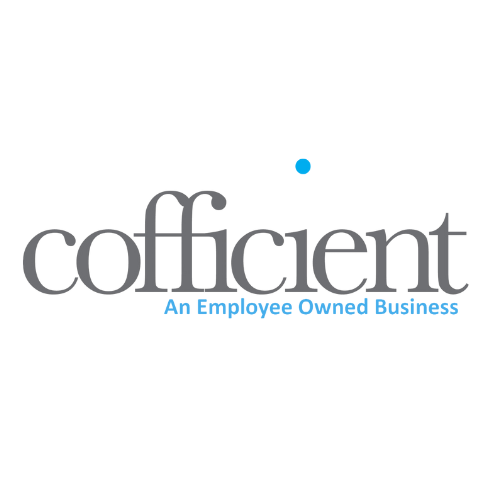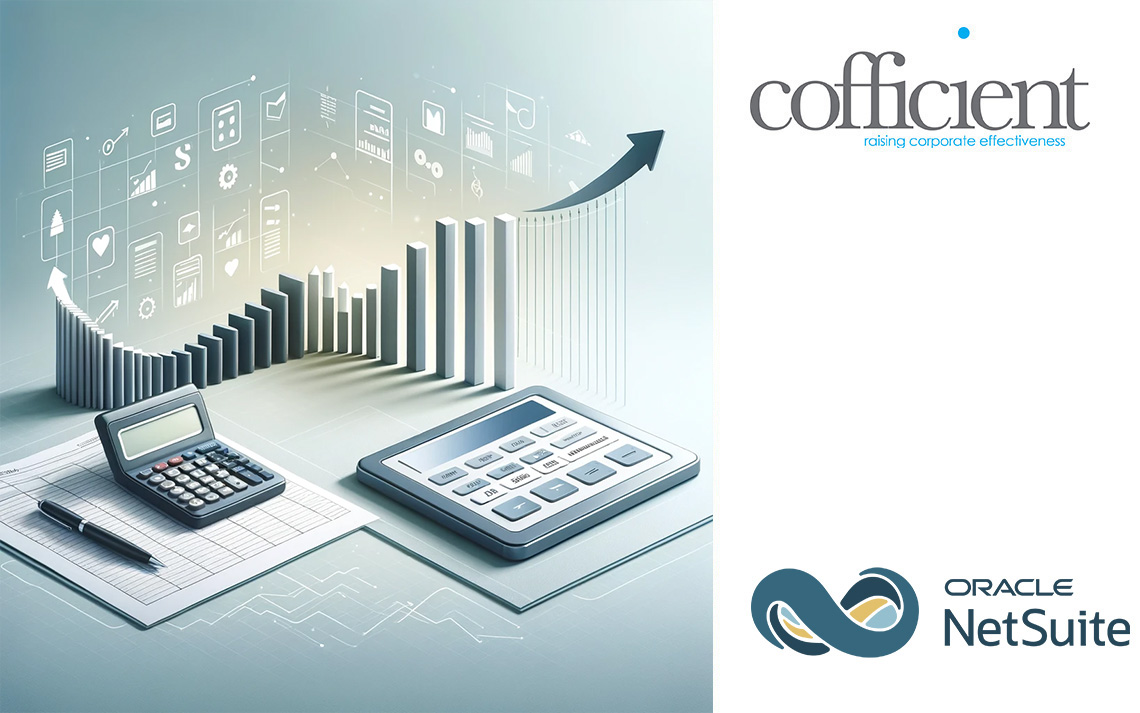
ERP in 2023
Now that another year has passed, it is time for us to look into the future and examine what we can expect in terms of ERP software in 2023. We anticipate that the waves of digital change brought to you by the pandemic will organically continue in line with the IT trends we expect in 2023.
Due to the cumulative effects of Covid policies, inflation, recession, immigration, and growing demand on the global supply chain, new restrictions are being revealed, and disruption is becoming the norm rather than the exception. Companies are still adjusting to the new requirements for business management, and they are trying to implement increasingly rigorous strategies for managing risks and ensuring business continuity.
ERP solutions are becoming increasingly crucial for businesses to maintain relevance and competitiveness in a dynamic business environment. When it comes to achieving their long-term business objectives, companies must now, more than ever, swiftly adjust how they manage their whole business operations.
In 2023, we expect to see some of the following developments in ERP:
- Increase in the prevalence of industry-tailored solutions
The best enterprise resource planning (ERP) companies recognise that every sector has its peculiarities, so they cater their products to each market by including additional industry-specific feathers and capabilities. This reduces the need for costly customisations and speeds up the deployment process. The ERP market now realises that a universal solution is not possible. The outcome has been spreading enterprise resource planning (ERP) to industries including retail and construction.The driving force behind today’s data context ecosystem is in resource planning systems that are specialised for particular industrial verticals. Diversity is vital, whether it’s unique opportunities for several sectors or niches within a single industry. Taking a vertical strategy helps companies achieve greater integration with various processes, minimises the amount of customisation required by a significant margin, and encourages more efficient use of their available resources. - Personalised approaches have replaced standardisation
Regarding ERP, the functional distinctions between businesses define whether businesses have a distinct competitive edge. Complexity and subtlety are what set modern businesses apart. An enterprise resource planning system (ERP) with extensive customisation options can adapt to each company’s needs by delivering modules that are an excellent fit for their business. Customisable workflows, reports, and procedures facilitate rapid adoption, cause minimum disruption to existing operations, and yield substantial gains in productivity. - Emphasis is placed on integration
Integration using industry-standard application programming interfaces (APIs) has become common practice as the use of cloud-based ERP systems grows. To maintain your rechnical autonomy, you need an enterprise resource planning system that allows you to integrate with other programmes.Access to APIs and the ability to connect specialised thir-party solutions are two key benefits of ERP packages that can be tailored to meet the unique needs of every business. The Internet of Things (IoT), data analytics, and artificial intelligence (AI) are examples of next-generation technology organisations that hope to leverage expansion. The most successful ERP vendors are embracing this trend by combining their solutions with the most cutting-edge technology, and the same can be said for IT executives. - Increased adoption of cloud-based solutions
Cloud-based ERP systems are not the newest trend, by they still rate among the most ground-breaking. The introduction of cloud computing has opened up exciting new possibilities for ERP, including cloud-hosted options that facilitate improved productivity, cost savings, and business workflow transformation.Due to their accessibility, adaptability, and scalability, SaaS ERP systems have quickly become the market standard. Many companies who have been slow to abandon on-premise ERP finally realise why and how they’ve falled behind. Because of the pandemic’s spotlight on operational limits, such as inflexibility, expensive scalability, a lack of innovation, and only partial cooperation, many businesses have had to resort to remote operations, leaving on-premise solutions obsolete.Those initial hesitations have dissipated as more businesses see the clear benefits of storing ERP data on the cloud. Therefore, the cloud computing market is expected to reach 791.48 Billion USD by 2028, growing at a CAGR of 17.9% between 2018 and 2028, (Deloitte, 2022).
- ERP on the go!
In the modern world, many individuals are working while moving around. This is why the growing emphasis on mobile and cloud-based solutions is one of the critical trends in ERP for 2023.Enterprise resource planning (ERP) system that can be used from a mobile device increase system accessibility and transparency, speed up corporate operations, raise productivity, and cut down on wasted time, money, and resources. Now more than ever, mobile ERP systems are being adopted by businesses as a crucial operational tool to accommodate the growing rend of remote employees. Mobile CRM, proof of delivery, warehousing, point-of-sale (POS), purchase approval, employee attendance, and other apps are all examples of mobile ERP software that may be used to run operations “on the move”. - The next wave of automation – The rise of machine learning and artificial intelligence
In a business world dominated by a culture of instant gratification, process automation tips the scales in favour of those who use it to “achieve more with less”.Technology that relies on artificial intelligence (AI) is helping companies learn new things, improve their operations, and make the most of their vast data stores. Using machine learning and other forms of artificial intelligence allows businesses to extract even more value from the mountains of data they’re collecting. From 2023 onward, the rising tide of AI will be reflected in all aspects of ERP, including vertically-tailored systems like those used in the manufacturing and distribution sectors.
NetSuite ERP and Cofficient
As a result of the digital transformation that has taken place in the business world, companies today want enterprise apps that enable them to become nimbler and to make choices based on accurate, up-to-date data to boost their performance and enhance their strategic planning. 2023 is the year to be brave and leverage the future of ERP; the old processes and systems are no longer suitable for the purpose they were designed for.
NetSuite is a cloud-based ERP application that allows for customisation and mobile access. NetSuite ERP is evolving and adapting to meet the needs of modern businesses. Constant updates to the system’s capabilities bring cutting-edge technology to users, empowering them to respond quickly to a dynamic business climate.
If you are considering implementing an ERP solution, don’t hesitate to get in touch with our representatives to assist you in making an informed decision regarding the ERP system that will best meet your needs int terms of it’s capabilities.



